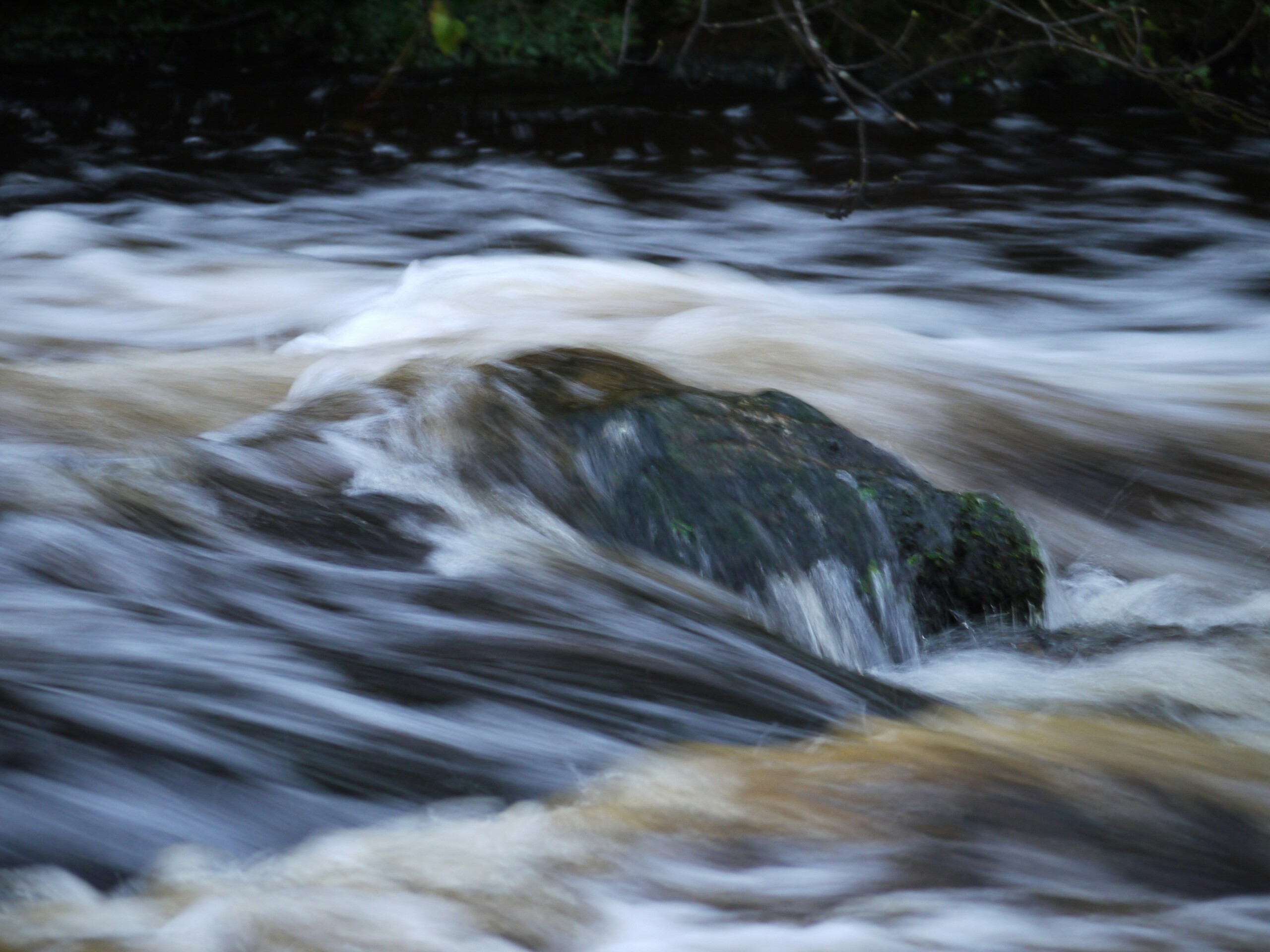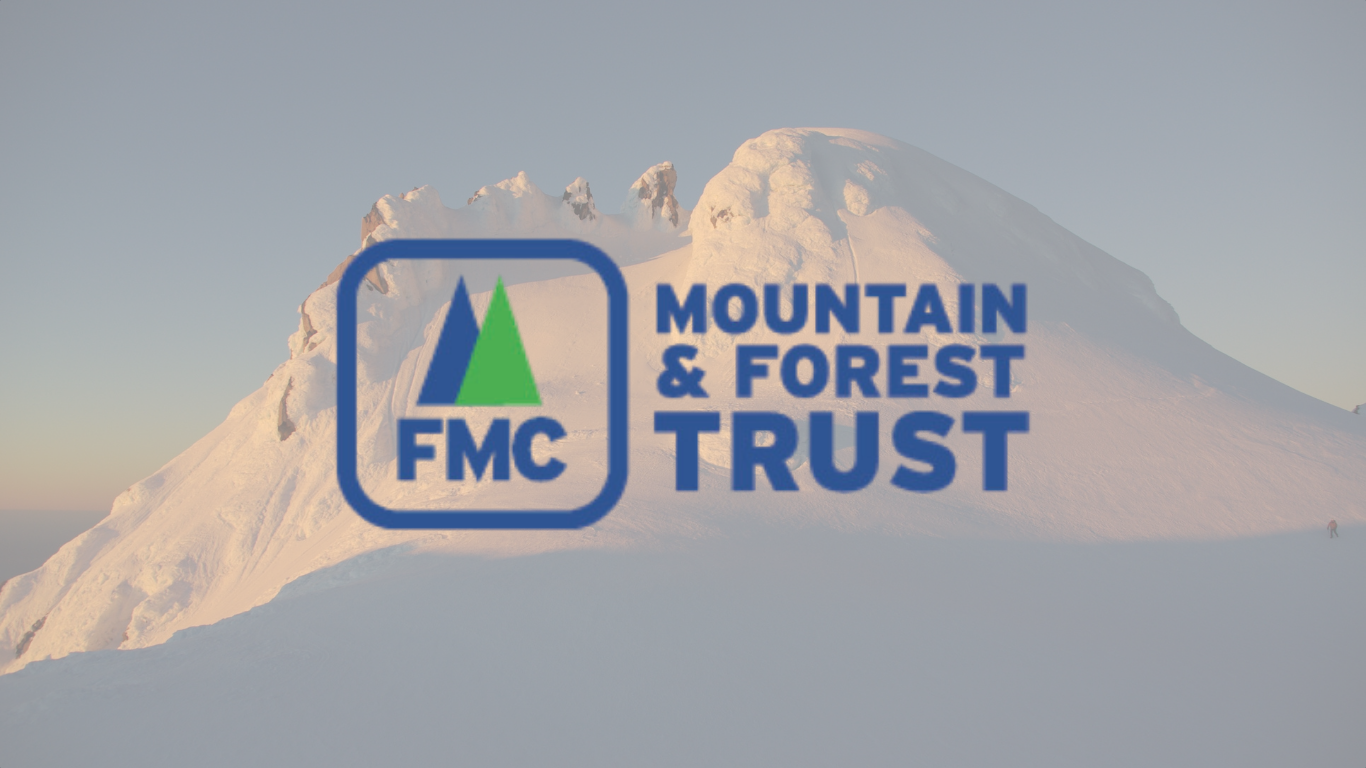FMC joins outdoor recreation groups in a call for changes to health and safety laws to protect public access and recreation opportunities

Along with the Aotearoa Climbing Access Trust (ACAT), FMC led and greatly contributed to the writing of the joint submission to the Ministry of Business, Innovation and Employment (MBIE) to amend health and safety laws to safeguard public access to New Zealand’s outdoors. Calling for this legislative reform were also New Zealand Deerstalkers Association Inc (NZDA), New Zealand Game Animal Council (GAC), New Zealand Fish & Game Council (NZFGC), Mountain Bike New Zealand (MTBNZ), New Zealand Alpine Club (NZAC), New Zealand Canyoning Association (NZCA), New Zealand Speleological Society (NZSS), Cave Conservation and Access Trust (CCAT), New Zealand Hang Gliding and Paragliding Association (NZHGPA), and Te Araroa Trust. The submission was made as a response to MBIE’s ongoing review of the country’s work health and safety regulatory system.
The submission highlights a significant unintended consequence of the Health and Safety at Work Act 2015 (HSWA). Since its implementation, this legislation has created an environment of perceived or actual liability risk for landowners and managers who allow public recreational access. Some have restricted or closed public access to their land out of caution, impacting the ability of many New Zealanders to engage in outdoor activities such as tramping, hunting, fishing, climbing, and mountain biking.
“We are at real risk of losing a vital part of what makes New Zealand a great place to live,” said Edwin Sheppard, General Manager of the Aotearoa Climbing Access Trust. “Recreation isn’t a zero-risk activity, and that’s part of its appeal. However, landowners that permit public access to their land shouldn’t need to worry about workplace health and safety laws that were never intended to regulate recreational activities.”
The coalition’s submission emphasises that outdoor recreation should remain the responsibility of those participating in it, not of landowners or land managers, and proposes clear legislative changes to eliminate unnecessary liability concerns. The key recommendation is for a clear recreation exclusion, ensuring that landowners and managers have no risk of liability for accidents associated with recreational visitors and activities (including access to natural features) on their land.
“The issue is perception,” said Mr Sheppard. “Landowners often assume they will be responsible for anything that happens on their property. That’s not the case, but we need a clear statement confirming that recreation is excluded from work-related health and safety laws. That would provide the certainty needed to protect recreational access to private land.”
The coalition of organisations is committed to working with MBIE to refine and implement these changes. We look forward to further engagement with government officials on this matter.
Find out more:
- read RNZ article Zero-risk policy part of ‘widespread erosion’ of access to recreational areas
- listen to The Platform interview with Gwyn Thurlow from NZDA
Photo: Riding up the Macaulay valley, (c) Andy Hovey
Share This Story, Choose Your Platform!

Latest News
FMC opposes the Winstone Pulp International Limited resource consent application to enable the discharge of treated pulp mill wastewater, stormwater and a foam inhibitor to the Whangaehu River.
FMC is looking for the right candidate to appoint to the Maerewhenua Trust Board.
FMC is looking for the right candidate to appoint to the Federated Mountain Clubs Mountain & Forest Trust Board of Trustees.






